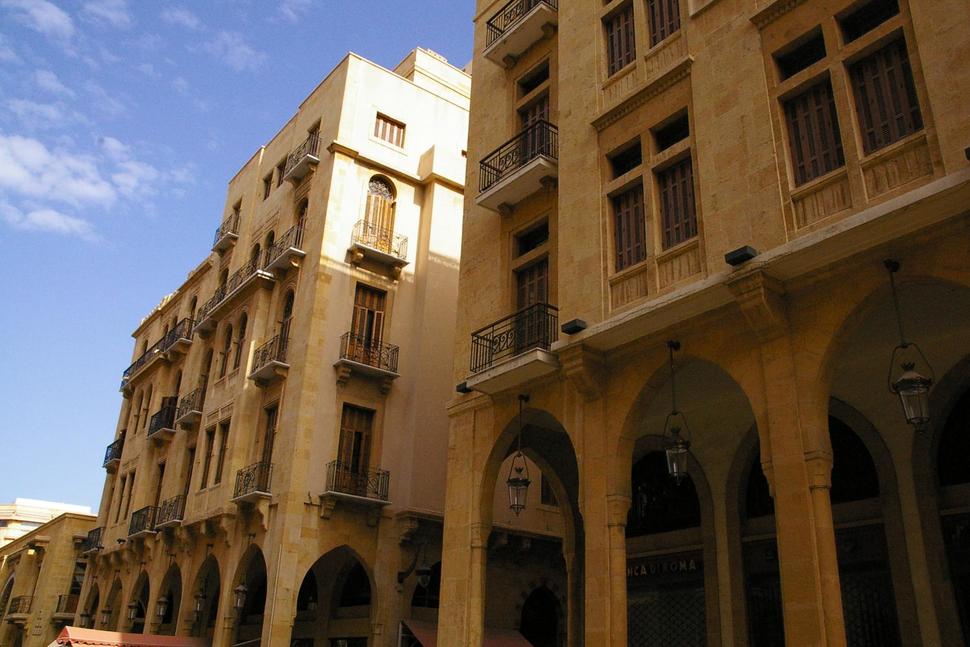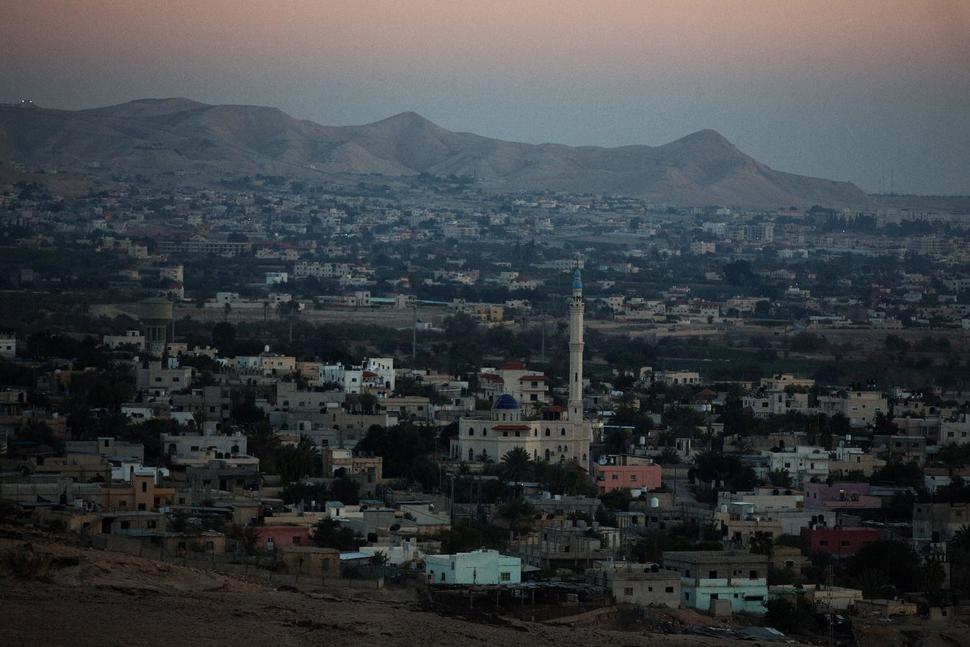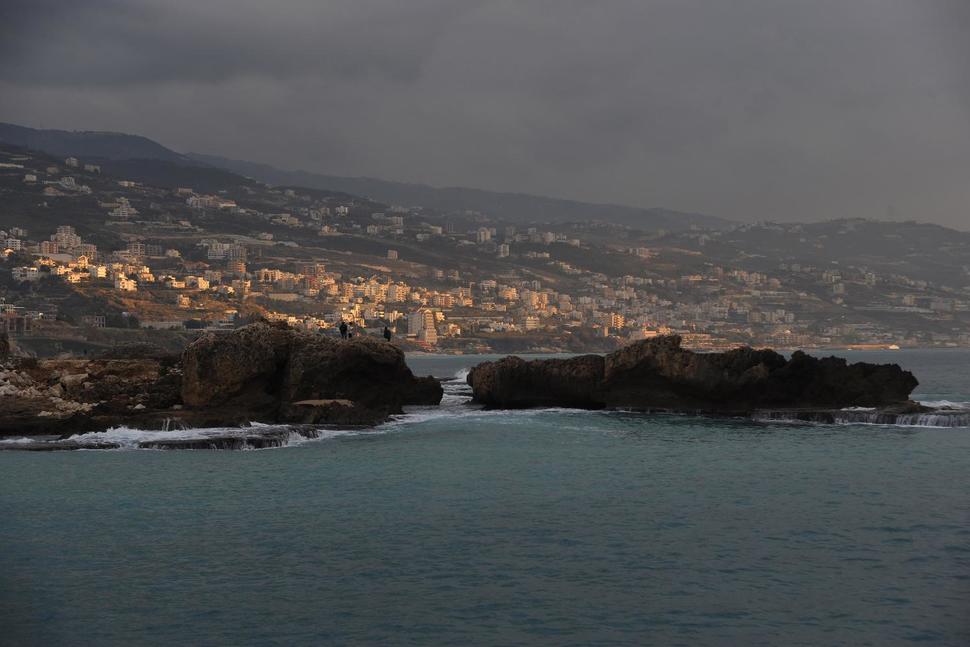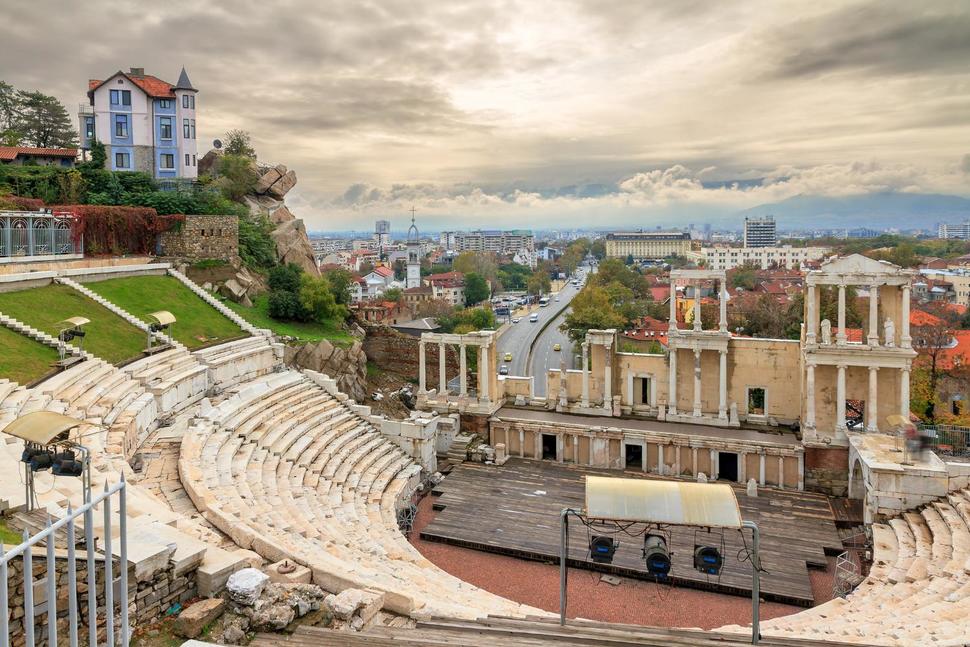#6 Aleppo, Syria

Although the exact age of Aleppo is unknown, an ancient temple discovered in the city dates to around 3,000 B.C., according to Encyclopedia Britannica. Other estimates date Aleppo to at least 5,000 B.C.
#5 Beirut, Lebanon

Beirut was home of the most prominent law school in the Roman Empire before it was destroyed in an earthquake in A.D. 551. Excavations in the 1990s unearthed evidence of 5,000 years of civilization, dating the city, which is now Lebanon’s capital, to around 3,000 B.C.
#4 Jericho, West Bank

Jericho, a city in the Palestine territories, is a strong contender for the oldest continuous settlement in the world: it dates back to around 9,000 B.C., according to Ancient History Encyclopedia. It’s also home to the oldest-known protective wall in the world – the Wall of Jericho – which at one point measured almost 12 feet high and was built around 8,000 B.C.
#3 Byblos, Lebanon

Byblos, a port city on the coast of the Mediterranean, has been continuously inhabited since at least 5,000 B.C. According to Ancient History Encyclopedia, papyrus was one of the city’s main trade items in ancient times, and because of that, the Greeks took the name of the city as their word for book.
#2 Byblos, Lebanon

Byblos, a port city on the coast of the Mediterranean, has been continuously inhabited since at least 5,000 B.C. According to Ancient History Encyclopedia, papyrus was one of the city’s main trade items in ancient times, and because of that, the Greeks took the name of the city as their word for book.
#1 Plovdiv, Bulgaria

Remains of human settlements in Plovdiv date back to 7,000 B.C., according to Lonely Planet. Romans annexed Plovdiv in A.D. 46 and built streets, towers and aqueducts in the city. Many of the ancient ruins still standing in the city today date to that period.



